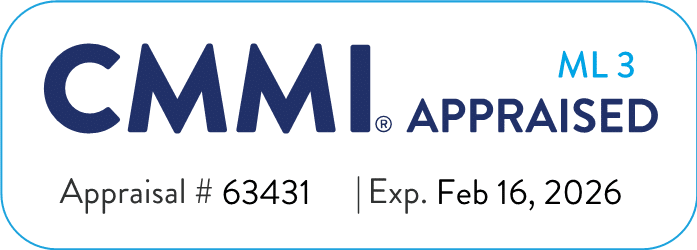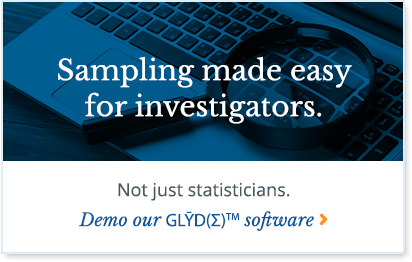On March 6, 2015, the U.S. Department of Health and Human Services Office of Inspector General (OIG) released the latest in a series of reports looking at hospitals’ billing and Medicare paying for Kwashiorkor. For those new to Kwashiorkor, Kwashiorkor is a form of severe protein malnutrition that generally affects children living in tropical and subtropical parts of the world during periods of famine or insufficient food supply. Medicare is a program that mostly covers people aged 65 and older, not children living in tropical or subtropical parts of the world. Additionally, cases of Kwashiorkor in the United States are rare.
Of the hundreds of claims coming from numerous hospitals that OIG examined, only one was associated with a doctor’s diagnosis of Kwashiorkor. OIG found that all other claims were incorrectly billed. OIG did find that another diagnosis of malnutrition was proper for some claims. However, other claims were improper, leading to hundreds of thousands of dollars in improper payments. Hospitals offered a variety of excuses for the incorrect billing, including incorrect guidance from a third party advisor, a medical coding software program used to code diagnoses, a lack of clarity in the coding guidelines for malnutrition, and a misinterpretation of coding guidelines by coding staff.
Medicare is estimated to make billions of dollars in improper payments annually. Therefore, hundreds of thousands of dollars in improper payments might seem like a drop in the bucket. But when 99.89 percent of claims are incorrect, one is left to wonder, why does Medicare allow hospitals to bill for Kwashiorkor? Or at the very least, at a time when Medicare is attempting to avoid pay and chase, why is Medicare paying these claims only to have to chase down those payments later?
If you want help identifying other payments that are costing your program money unnecessarily, contact the data analytics and medical review experts at Integrity Management Services.











